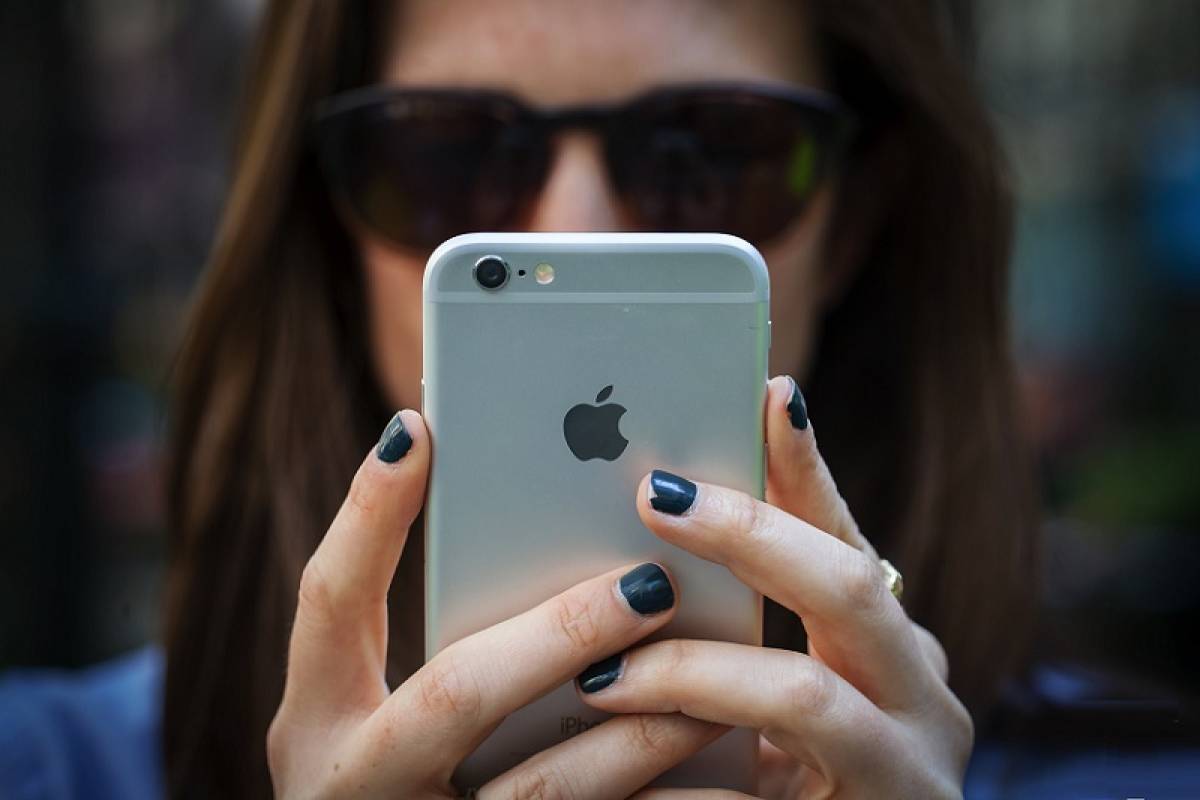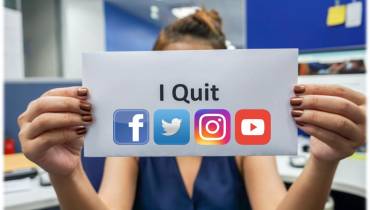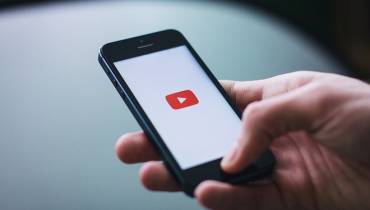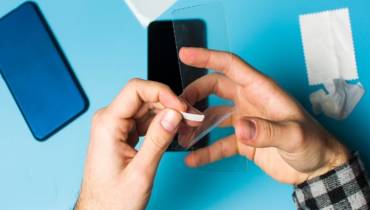Most Americans Plan to Spend Less on their Cell Phone

iPhone demand is still high despite high unemployment, but many people do not want to increase their monthly phone spending this year due to the COVID-19 pandemic.
According to a 2021 iPhone Survey by personal-finance website WalletHub, only 24% of Americans plan to spend more on their cell phone this year, as the U.S. is still working to recover from the economic damage done by the COVID-19 pandemic.
WalletHub’s survey examined not only how the COVID-19 pandemic has impacted Americans’ cell phone purchase plans, but also why people buy new phones, how essential phones are, and more.
Key study findings:
- iPhone demand is still high: Despite high unemployment, 1 in 3 people plan on getting the new iPhone this year.
- MVP – most valuable possession: Almost 2 in 5 Americans say that their phone is their most important belonging during the pandemic.
- iPhones and debt: Nearly 1 in 5 people think that the new iPhone is worth going into debt for.
- Few people judge not upgrading: 15% of people think that not having the new iPhone is a sign someone is struggling financially.
- Discontent with credit checks: 45% of consumers don’t think it’s fair that cell phone carriers check your credit score.
When asked how people can save on a smartphone, considering that only 24% of Americans plan to spend more on their cell phone this year, WalletHub said there are lots of different ways you can reduce the cost of wireless coverage during the pandemic, the most important of which are comparing a lot of different offers and waiting to buy a phone until you can get a good promotional deal.
“One big way to save money is to purchase coverage from a ‘budget’ phone provider that operates on the same network as one of the larger, name-brand providers. You can get virtually the same level of coverage while saving a lot of money,” said WalletHub analyst Jill Gonzalez.
“Bundling your coverage with other people can also help you get discounts, as can setting up autopay on your monthly bills. Some providers may offer you temporary relief on your bills if you’re in a difficult financial position, too, though you’ll have to call and ask.”
Moreover, people who want to save money on their cell phone should consider forgoing the latest model and buying a phone that’s at least one generation old, says WalletHub.
In the present, the differences between each model are small and relatively insignificant, whereas upgrading used to be far more important in older generations when the improvements were dramatic.
“Getting a phone that’s a generation behind can give you almost as good of a user experience for around half the price. Consumers might also want to consider buying phones that are used but in good condition, or seek out carrier discounts,” said WalletHub analyst Jill Gonzalez.
On why around 2 in 5 consumers think that their phone is their most important possession, WalletHub observed that is the case because few other devices can perform as many different functions. Cell phones are key for both their social use, like keeping people connected to their loved ones during the pandemic, and for business use, especially as many people have switched to remote work permanently.
“One of the most valuable features that a cell phone can provide is access to the internet even when Wi-Fi is unavailable – and in some cases, they’re the only way families can get online,” said Jill Gonzalez, WalletHub analyst.
“Cell phones have helped fight the COVID-19 pandemic, too, by letting people use contact-tracing programs and schedule appointments for vaccinations.”
For those consumers looking to save money on a new cell phone purchase and cell phone bills, WalletHub has also produced a handy Cell Phone Savings Calculator, which crunches the numbers on whether it’s better to buy a phone upfront or pay in installments and much more.
Chek out the full study finding in the visual below:


![9 Tips for Managing Your Online Writing Projects Efficiently [node:titile]](/sites/default/files/styles/thumbnail_rectangle/public/open-book-laptop-online-writing-tips.jpeg?itok=iq4PIT7b)


















